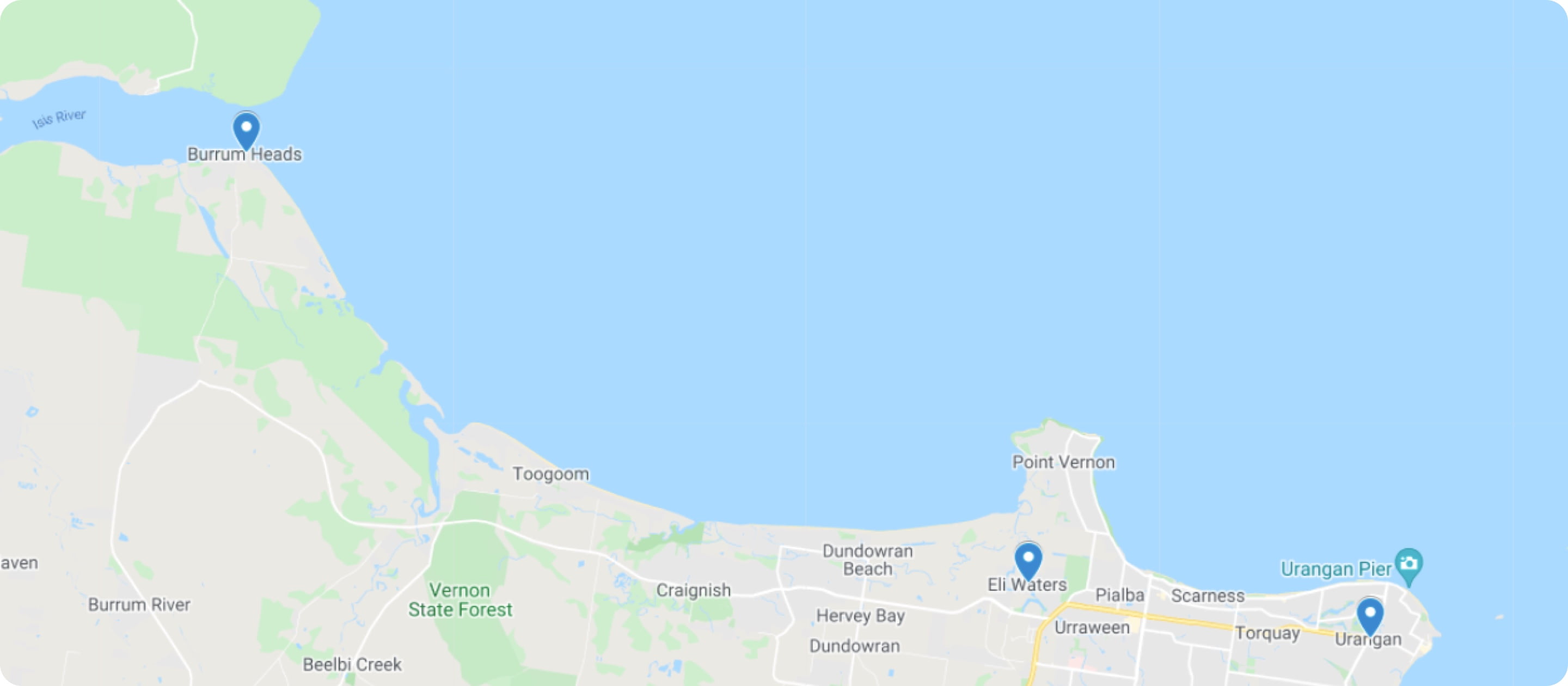Visit Our Skin Clinic
Skin Cancer Check Hervey Bay
Book a Skin Check Today
Skin cancer can present in various shaped and sized skin lesions and abnormalities not always visible to the naked eye. Our doctors used advanced medical equipment and techniques to accurately identify, diagnose and treat all forms of skin cancer. We recommend that you visit a skin clinic for a screening once per year.
Our doctors will perform a full-body evaluation during your appointment, carefully examining any skin lesions or moles of concern. If removal or other treatment is required, we will develop a tailored plan for management and future prevention.
Book a skin check appointment with Eli Waters Medical Centre today. You can book online or phone (07) 4128 4563.
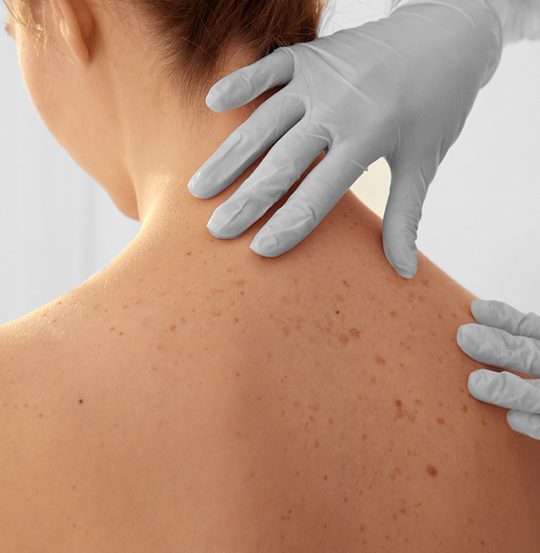
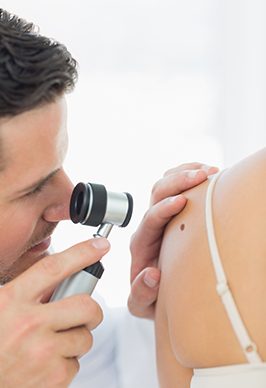

Skin Cancer—Risks & Prevention
Skin cancer is the most common form of cancer. It can develop in people who have been overexposed to ultraviolet radiation from the sun and other sources. Living in sunny Australia, we must be aware of the risks and take preventive measures to avoid developing skin cancer.
People who have fair skin are at a higher risk of skin cancer; however, anyone and everyone can develop the condition. It is vital to understand how to protect yourself from sun damage to prevent skin cancer—including melanoma.
You can prevent skin cancer by:
- Using quality sunscreen products with SPF 30+ or higher
- Re-applying sunscreen every two hours
- Avoiding tanning
- Wearing clothing that covers your skin, including sunglasses & a hat
- Avoid the sun between 10 am and 3 pm
- Conduct monthly self-examinations of your skin
- Book a professional skin check at least once per year or more regularly if you have a history of skin cancer
What’s The Process?
Our doctors will listen to your concerns during your initial consultation and ask you a few questions about your medical history—including any personal or family experiences with skin cancer. We will then initiate skin mapping, which is a full-body scan of your skin lesions and moles. This scan will generate high-definition images so that our doctors can better visualise any areas of concern, such as colour changes or dry skin.
After reviewing your images, your doctor will assess your risk of skin cancer and establish an accurate diagnosis. Following your skin check and diagnosis, our team will put together a comprehensive plan of action that includes our professional recommendations for managing and treating your condition.

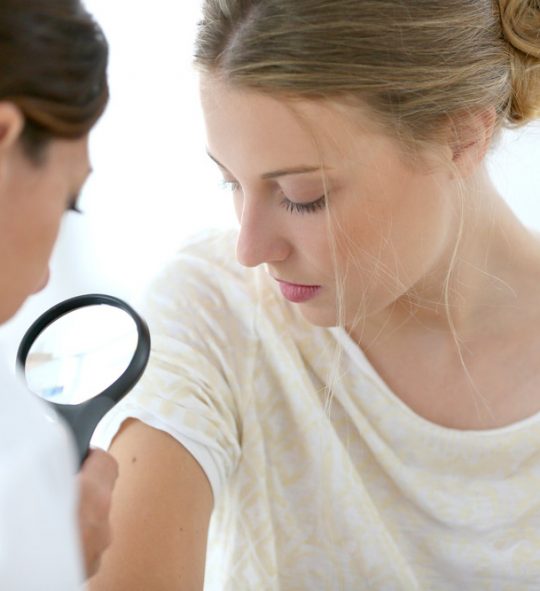
How Often Should I Get My Skin Checked?
Melanomas are extremely serious, but in most cases, they can be safely removed if discovered early. We enjoy the glorious sunshine that bathes Australia, but melanomas can strike healthy people of all ages and spread quickly. If discovered early, the success rate of removing them is almost 100 per cent – but you have to have them checked.
It is recommended that all adults have a professional skin check (including moles) annually. If you notice any changes in your skin like new marks, moles or existing moles that have grown or changed shape or colour, then you should book an appointment immediately. For those with fair skin that is more likely to develop melanoma in their lifetime, it is recommended that you have more regular inspections to be safe.
Part of this process involves regularly checking your own skin as well. You should give yourself a thorough check every three months at least, looking for any changes that should be inspected by a qualified doctor.
How to Check for Signs of Skin Cancer
It is important to run your own checks on your skin and this process needs to be thorough. You should undress completely in a well-lit room and use a full-length mirror to check every part of your body.
This includes your face and scalp, neck and shoulders, front and back of your arms (including your armpits), the front and back of your hands including between your fingers and under your fingernails, your legs and between the toes and on the soles of your feet.
What should you be looking for? It is recommended that you use the ABCDE detection guide. A stands for asymmetry, so look for any marks that are not the same shape on both sides. B stands for the border, so look for any marks that have irregular or expanding edges.
C stands for colour, so look for any marks that have changed colour or include multiple different colours like red, black, blue and brown. D is for diameter, so look for any marks that have increased in size. Finally, E stands for evolving which means any marks that you have noticed changing or growing in any way at all.
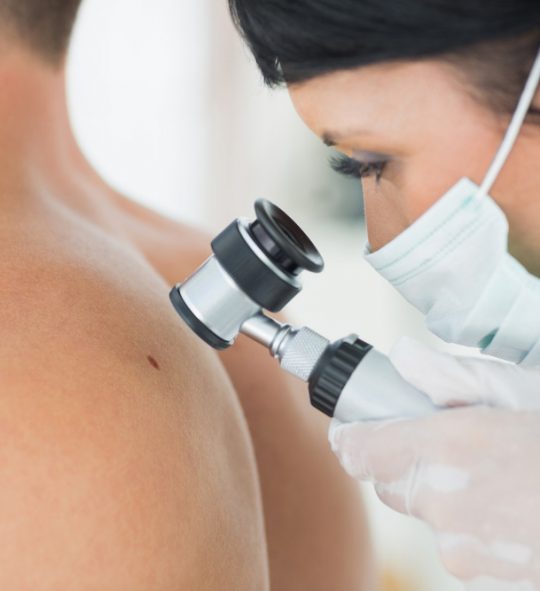
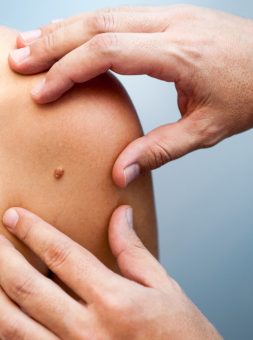

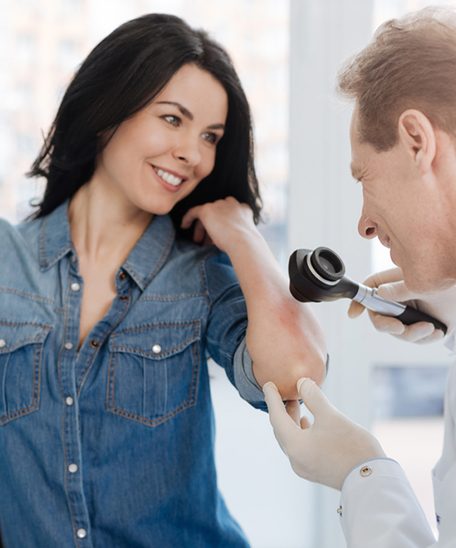
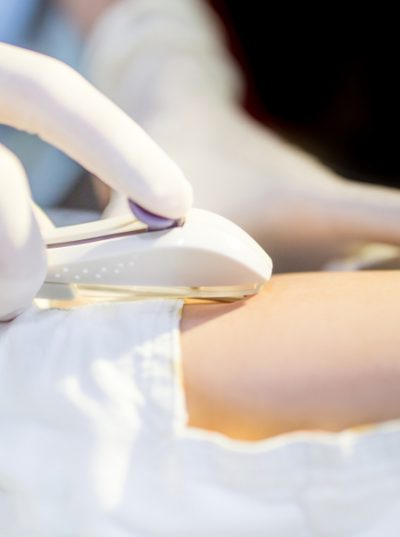

Accurate Detection & Diagnosis Of Skin Cancer
Frequently Asked Questions
